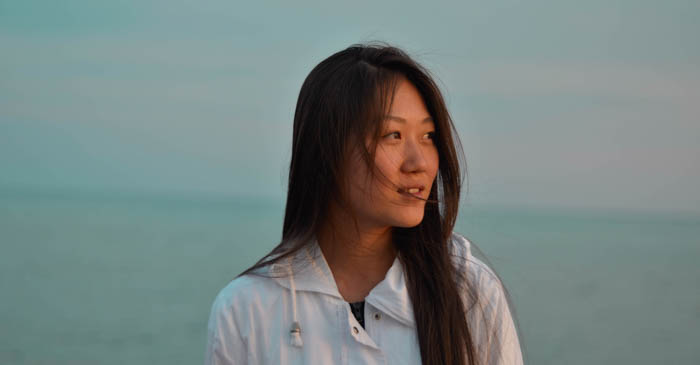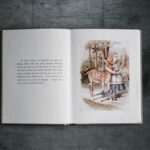Books Written by Koreans Born and Living Overseas
Stories that Flower and Bloom from Korean Roots
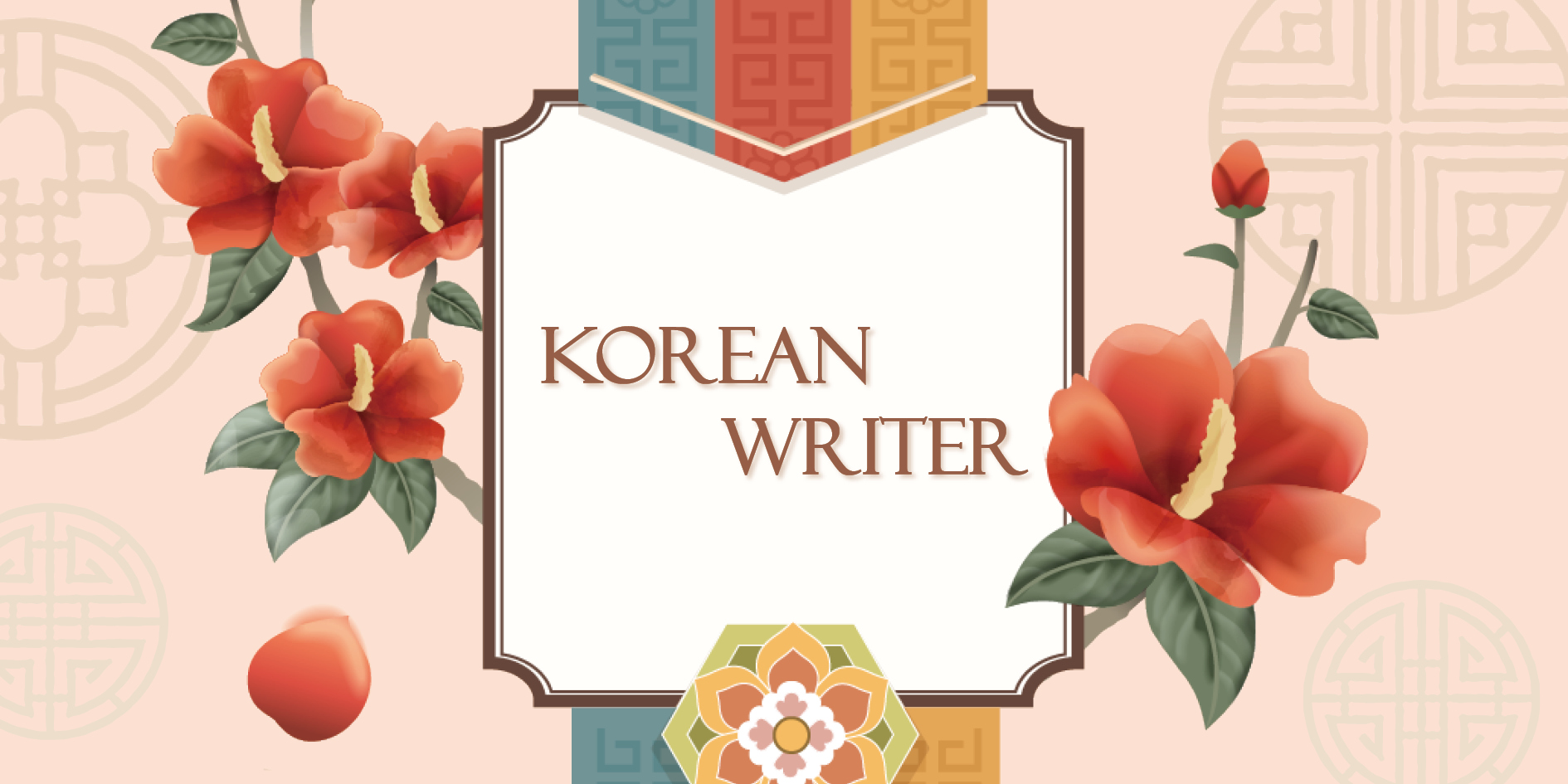
Last year, Korean American poet Choi Don-Mi and Korean Japanese novelist Yoo Mi-Ri won the National Book Award with DMZ Colony (Wave Books) and JR上野驛公園口 (It means Tokyo Ueno Station) (河出書房新社) respectively. The National Book Award is one of the most prestigious book awards in the United States, which grants awards in the four categories of novel, non-fiction, poetry, and children’s literature.
The good news continued this year. Writer Tae Keller’s When You Trap a Tiger (Random House USA Inc) won the John Newbery Medal and the Asian/Pacific American Award for Literature for children’s literature. Also, Anna Kim’s children’s book Danbi Leads the School Parade (VIKING) was chosen as the picture book of honor. As such, works by Korean authors are blooming across the world, proving their value.
Many works by Korean authors living overseas reflect their yearning and emotions for Korea.
Literary works for children and teenagers that develop their dreams
Books we read in our childhood remain long in our memory in a positive way. The book Danbi Leads the School Parade is a story about an immigrant family, where the main character Danbi moves to the US with her parents and starts a new life at a new school. It is impressive to see how Danbi and her family have cultural exchanges and get used to the new environment as they settle in the new country.
Meanwhile, Tae Keller’s When You Trap a Tiger is a novel for children and teenagers, which features the story of Lilly’s family as they go to live with their sick grandmother. The motif of this full-length novel is a folk tale about “tigers” that are regarded as sacred animals but familiar at the same time in Korea. It is known that the writer got their inspiration from a traditional Korean folk tale that she heard from her grandmother when she was young.
Furthermore, SF writer Lee Yoon-Ha who was a final nominee for the Hugo Award three years in a row, also wrote a story inspired by a Korean folk tale. Min, the protagonist of her book Dragon Pearl (Rick Riordan), is a “kumiho (nine-tailed fox)”. “Kumiho” is an imaginary creature that appears in Korean myths and legends. As Min hears the news from a government informant that her older brother deserted from the space army to look for the “Dragon Pearl,” a legendary relic that possesses the power to transform the entire world, she embarks on an adventure to solve the mystery of the Dragon Pearl and her missing brother. You can also find Korean elements such as dragons, “Dokebi (goblin)”, and tigers, along with “Kumiho” in parts of the story.
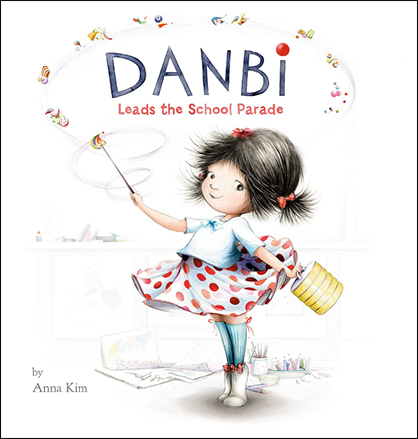
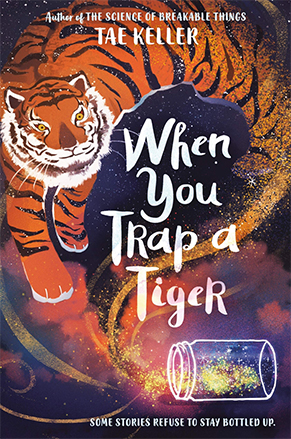
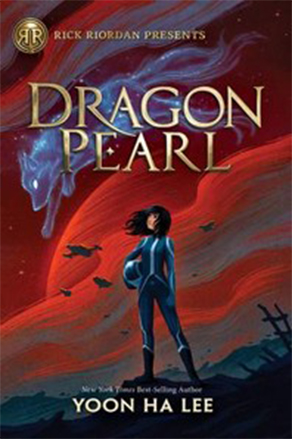
Danbi Leads the School Parade, When You Trap a Tiger, Dragon Pearl
Works inspired by Korean folk tales are spreading out into the world with the imagination of Korean writers born overseas.
The charm of original novels that made the world fall in love
Original books written by Korean authors born and living overseas are drawing great popularity in the OTT market, reborn as TV dramas and movies. The original novel of To All the Boys I’ve Loved Before, a popular US movie trilogy loved by fans around the world, is a work written by Korean American writer Jenny Han. The original book of the same title is a romance novel about young love, where the main protagonist Lara Jean accidentally sends five love letters to boys that she once loved.
Also, the TV drama “Pachinko”, which is a highly anticipated work to be aired on Apple TV in the latter half of the year, is based on an original novel Pachinko (Grand Central Publishing) written by Korean American novelist Lee Min-Jin. It features a Korean Japanese woman who lives in Japan but is treated as a stranger. The difficult lives and struggles Koreans experience as they immigrate and settle in Japan during the Japanese occupation of Korea have made a deep impression on many readers.

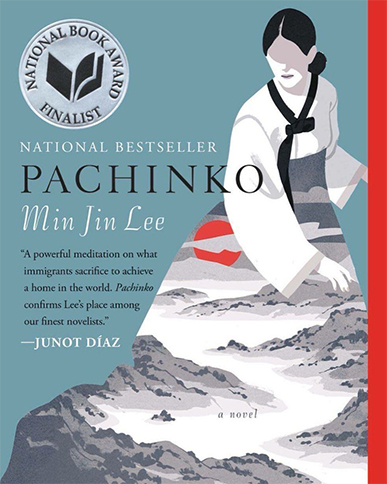 To All the Boys I’ve Loved Before, Pachinko
To All the Boys I’ve Loved Before, Pachinko
Stories about Korea
There was a meaningful achievement in November last year. Two Korean writers won the National Book Award, which is referred to as the best honorary award in the US. Korean American poet Choi Don-Mi’s DMZ Colony, which won the award for poetry, takes the DMZ as the main source of the story and depicts the tragic reality and the pains left by war and division in poems, prose, photos, and pictures. Poet Choi Dom-Mi, who showed the potential of stories that feature Korea, won the Griffin Poetry Prize and was designated as a final nominee for the best-translated book award in 2017 – spreading out Korean poetry into the world.
Meanwhile, The Silence of Bones (Feiwel & Friends) by June Hur is set during the Joseon Dynasty in the 1800s. Hur was born in Korea but lived most of her life in Canada, except for the time when she moved back to Korea and attended high school. The main protagonist of Hur’s debut novel is Seol, who is a “Damo,” which was a female detective during the Joseon period. Seol investigates a murder case when the daughter of an aristocratic family is killed while at the same time searching for her brother, who went missing after her parents died. It’s a fast-paced detective story that grips readers with its intricate plot. Anyone with a bit of knowledge about Korean society will find it interesting as the story takes place in the Joseon Dynasty period.
If I Had Your Face (Penguin UK) written by Frances Cha, former travel and culture editor at CNN Seoul, takes place in Gangnam, Seoul. The women in her novel are hostesses, hairdressers, artists, and ordinary office workers. Through the stories of five women who grew up in a deprived environment, the book discusses social issues such as the social ladder, patriarchal system, and lookism.
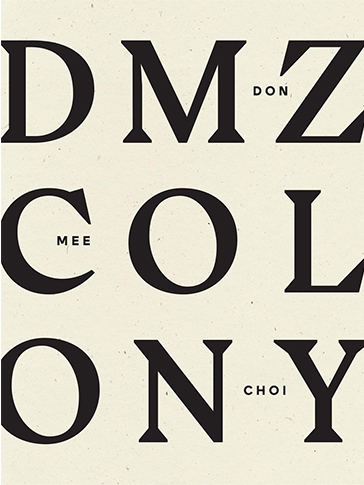
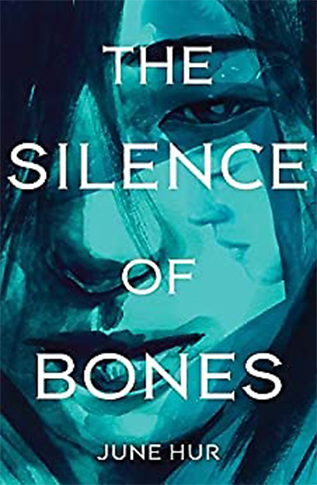
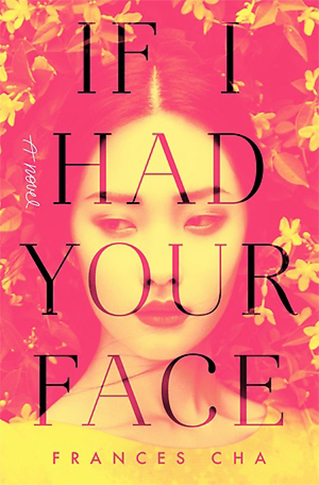
DMZ Colony, The Silence of Bones, If I Had Your Face
Korean writers born and living abroad winning international awards show the future potential of Korean-style stories.
We introduced some English works of Korean writers born and living in other countries in this month’s edition. Apart from these books, books written by Korean writers are being published in various languages in local markets across the world. We hope that the flowers of Korean stories born from the same root grow into other branches, blooming to give a greater impression of Korea to the wider world.
Written by Lee Ji-Hyeon
